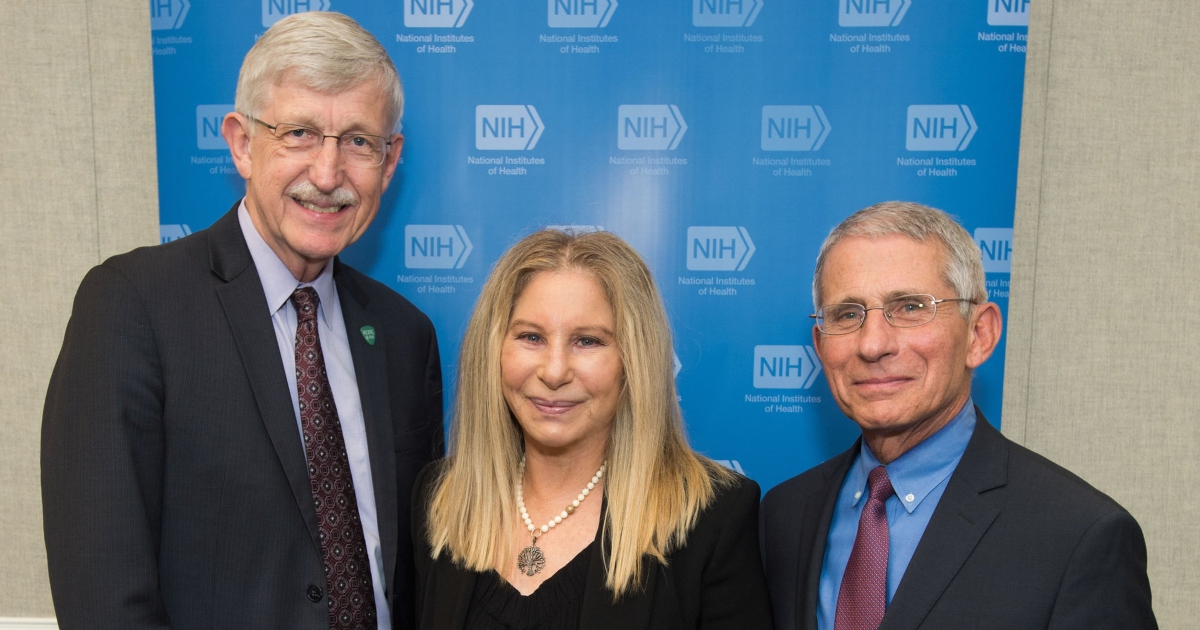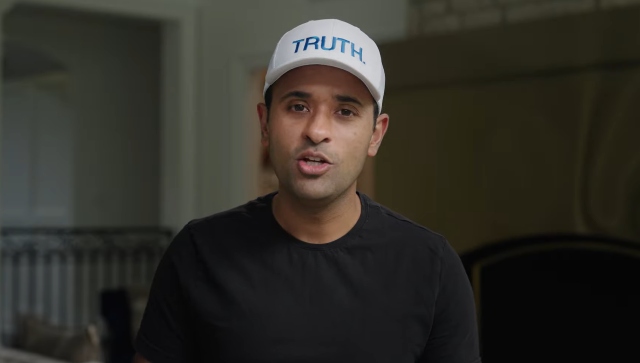 Parler
Parler Gab
Gab
DEI hiring is putting lives in jeopardy
Revolver News spoke to several FAA employees and air traffic controllers, many of which asked for anonymity and were only willing to speak off the record. Although the publication found that worsening aviation safety is a complicated matter, there are two main factors that are playing a role. First, they say, is the way that COVID policies affected staffing levels in air traffic control rooms. The second is the way that “aggressive affirmative action policies” that were put in place by the Obama administration have caused a major deterioration in the quality of air traffic controllers, with diversity policies causing a decline in quality that is putting the aviation industry in danger. They warned: “The aggressive substitution of merit in favor of diversity has led to a so-called competency crisis, jeopardizing not only our ability to generate innovative technology but, in a more dire sense, our ability to simply maintain the proper functioning of various complex systems vital to our existence as a first-world civilization.” In November, the nonprofit group America First Legal filed a series of complaints with the US Equal Employment Opportunity Commission seeking a probe into the DEI initiatives used by Southwest, United and American Airlines. They accused Southwest and United of using illegal quota systems to advance their DEI goals and said that hiring practices were a violation of the Civil Rights Act of 1964 given that they are “based on the race or color of the individuals involved.” Most rational American passengers will tell you that they would like to see the most qualified individual possible flying their plane. Pilots, air traffic controllers and everyone else involved in aviation have the lives of hundreds or even thousands of people in their hands every day, and hiring for these roles should be based on merit and nothing else. Sources for this article include: Revolver.news Revolver.news HRDive.comFormer NIH Director Dr. Francis Collins now agrees with COVID-19 lab leak theory
By Ramon Tomey // Share
Vivek Ramaswamy drops out of Republican primary race, endorses Donald Trump
By Laura Harris // Share
Supreme Court ruling on use of abortion pill could impact November elections
By Richard Brown // Share
Governments continue to obscure COVID-19 vaccine data amid rising concerns over excess deaths
By patricklewis // Share
Tech giant Microsoft backs EXTINCTION with its support of carbon capture programs
By ramontomeydw // Share
Germany to resume arms exports to Israel despite repeated ceasefire violations
By isabelle // Share










